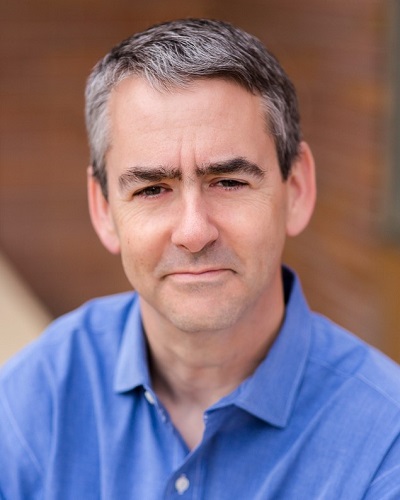
This event has passed.
Astrocheminar Series – Jan 11th, 2pm(est) 2023
January 11, 2023 @ 2:00 pm - 5:00 pm EST
EXTREME COMPLEX MIXTURE ANALYSIS IN SPACE AND IN THE LABORATORY – Michael C. McCarthy (Deputy Director, Center for Astrophysics | Harvard & Smithsonian)
Owing to its very high intrinsic resolution, structural specificity, and very wide instantaneous frequency bandwidth, rotational spectroscopy is an extremely powerful tool to analyze complex mixtures in which potentially hundreds of distinct chemical species are simultaneously present. This situation is certainly true for interstellar molecular clouds and when non-specific production sources are used in the laboratory to generate molecules of possible astronomical interest. This talk will first highlight the complex carbon chemistry which has recently been discovered in TMC-,1 a seemingly well-understood molecular cloud, and discuss the conundrum it has created in our present understanding of low-temperature cloud chemistry. In a distinct but parallel effort, the capability of producing information-rich wideband line spectra is now fairly routine in many laboratories, in which spectral assignment — rather than acquisition itself — is often the rate-limiting step in analysis and discovery. To address this pressing issue, we have developed open-source Python tools to streamline and automate large portions of the assignment procedure. For unassigned spectral features, a powerful set of analysis tools, including double-resonance microwave spectroscopy, high-speed fitting algorithms, and structural calculations greatly facilitate the identification of their carriers. In the second half of the talk, the power of these new tools to analyze and identify entirely new molecules will be demonstrated starting with a benzene discharge given that aromatic chemistry now appears widespread in TMC-1 and other molecular clouds. Time permitting, efforts to use machine learning algorithms to accelerate further the speed of analysis and assignment of broadband spectra will be discussed. Register for Zoom Link
